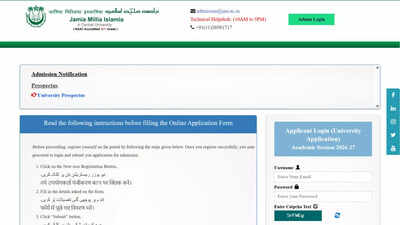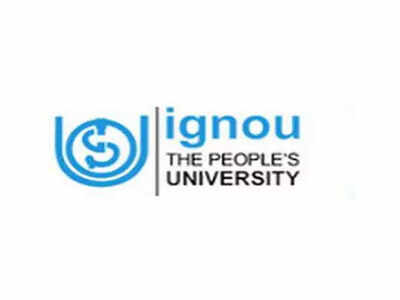Explained: America’s Education Freedom Accounts programme; know who is eligible, how to apply and more

New Hampshire’s Education Freedom Accounts (EFA) programme has quickly evolved into one of the most expansive school voucher systems in the U.S. The initiative allows eligible families to use public funds for private schooling, homeschooling, tutoring, and educational materials, bypassing the traditional public school route.From just over 5,300 students in 2024–25, enrolment has nearly doubled to 10,000 students for the 2025–26 academic year, with another 295 students waitlisted, according to InDepthNH.org.Here’s a detailed look at who qualifies, how to apply, how the program is funded—and why it’s generating intense debate.
What is the EFA programme?
Under the EFA program, eligible families in New Hampshire receive state-funded grants to use on:
- Private school tuition
- Online classes
- Homeschooling expenses
- Tutoring
- Special education services
- Technology, supplies, and more
Administered by the Children’s Scholarship Fund New Hampshire (CSF NH), these grants give families flexibility to customize their child’s education—provided they’re not enrolled full-time in a public or charter school.
Who is eligible?
Families must meet the following criteria to apply:
- Must be New Hampshire residents, and the applicant must be the parent or legal guardian of the student.
- The student must be aged 5 to 20, entering Kindergarten through Grade 12.
- The student cannot attend public or charter school full-time during the funded year.
Some applicants are automatically prioritised, including:
- Students already in the EFA program
- Their siblings
- Students with certified disabilities
- Families earning up to 350% of the federal poverty limit (e.g. $112,487 for a family of four)
Note: Recent changes in law have removed income caps entirely, expanding eligibility to all students, regardless of family income.
How to apply for an EFA
Applications for the 2025–26 school year are currently open at csfnh.org.There are two routes:
- New families: First-time applicants
- Returning families: Previously enrolled or applied
Deadline: While applications are accepted on a rolling basis, families must complete and verify their application by July 15, 2025, to receive the full 100% grant.Families must also submit:
- Proof of New Hampshire residency
- Proof of legal guardianship
- Financial information (optional but required for priority and extra funding)
- Documentation for special needs students
How much can families receive?
In the last academic year, the average EFA grant was $5,204 per student, according to data reported by InDepthNH.org. Most received the base amount of $4,182, equivalent to the state’s public school adequacy grant.Some students qualified for additional support:
- $2,142 for special education needs
- $2,346 for those eligible for free/reduced lunch
In total, some students received up to $8,670.Based on current enrolment and grant averages, the total projected cost of the EFA programme this year is around $52 million—well above the $39 million budgeted by state lawmakers. Officials expect the Education Trust Fund to be depleted within the fiscal year, which could force the state to use general fund revenue to cover the shortfall.
Rapid growth and future expansion
A new law ensures automatic expansion of 25% (or 2,500 additional students) in the next school year. The move reflects ongoing political support for the programme, especially among the legislative majority that passed the recent amendments.Officials from CSF NH say they are working to assist families who may be underreporting income or missing out on additional aid, especially those from economically disadvantaged backgrounds.
A trend seen across states
New Hampshire joins states like Arizona, Florida, Ohio, and North Carolina in adopting expanded or universal voucher programmes. In many of these states, similar growth patterns have been observed—particularly among private and religious school enrolment.In states like Arizona, the voucher system has caused significant budgetary stress, while legal challenges have emerged in Ohio over the programme’s impact on public education.
The bottom line
While the Education Freedom Accounts programme aims to empower families with more educational choices, its rapid expansion, budget implications, and equity issues continue to fuel public debate.Supporters see it as a pathway to personalized learning and educational freedom. Detractors argue that it’s a state-subsidized shift away from public education—one that could further strain already underfunded schools.With more students, more money, and fewer limits than ever before, the future of the EFA program will likely remain one of New Hampshire’s most closely watched education issues.TOI Education is on WhatsApp now. Follow us here.





